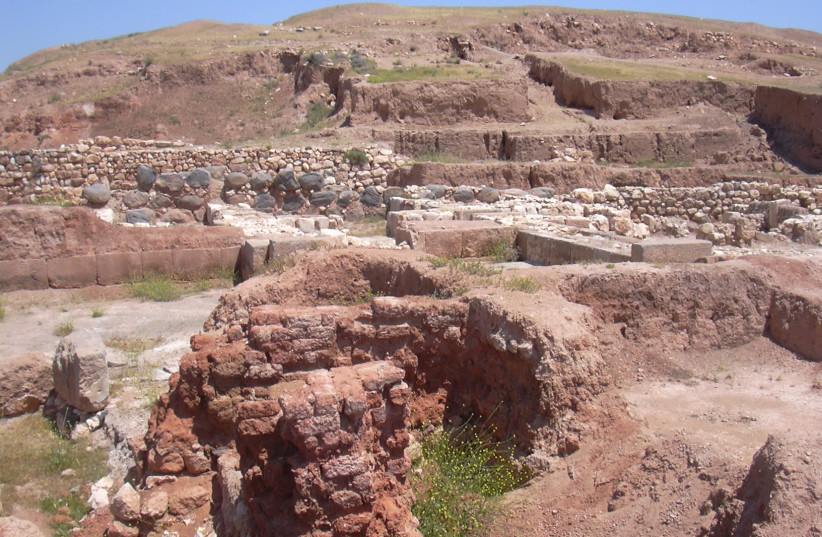A social media giant suspended and then reinstated a key account that covers Syria. Many reporters and commentators who follow Syrian issues were surprised to wake up and find the Twitter account of “Qalaat Al Mudiq” suspended on Tuesday. A backup account that the person also maintains was suspended as well.
By mid-afternoon @QalaatAlMudiq was back, although it was not clear if the backup account had also been brought back. The account is run by someone who claims to have a PhD in history and is a military analyst “focused on Syria, fact-checking and Geolocations.” The account also covers technical military and tactical issues such as ATGMs and other types of missiles.
During the Syrian conflict, many social media accounts that rely on open-source information or have their own sources on the ground have become a key way that people report and learn about the complex conflict. This was especially true after 2013 and 2014 when foreign journalists were kidnapped and several, such as James Foley and Steven Sotloff, were murdered by ISIS. Some were disappeared like Austin Tice, and others targeted and killed by the Syrian regime, such as Marie Colvin.
Without people on the ground to report, many must rely on what they can find. This means key accounts like @QalattAlMudiq have become part of a small group, a kind of fraternity or sorority of accounts that make up the web of information connecting Syria to the world.
These types of accounts provide information on different areas of the beleaguered country. Because the conflict is deeply sectarian and also because it has its supporters in the West who take sides, mass reporting of various social media accounts by extremists linked to various regimes – whether the Syrian regime, Turkey or others – have sometimes led to respectable social media accounts being suspended or even deleted. For instance, Kurdish activist accounts are often targeted by Ankara’s far-right AKP Party and its troll networks. And the Assad regime has its own networks.
Because social media giants are not regulated, there is no way to have an open archive of these accounts and their tweets and the information they provided, nor is there any documentation as to why some are suspended, reinstated or deleted altogether. The absolute power in the hands of social media giants and big tech means that with the click of a button, an account providing key information on a decade of war in an important country can disappear – all the evidence it may have collected, the stories it told, the parts of history it enumerated, gone forever.
Social media users are left to beg and ask “where did it go?” On Sunday, many journalists and other commentators and open-source experts on Syria tweeted questions about the sudden suspension. Nick Waters, a digital investigation expert and author at Bellingcat, tweeted that “the information posted by @qalaatalmudiq represented some of the most comprehensive online records of events, including crimes against humanity, in Syria over the last decade. Please, please re-instate his account @Twitter.”
By the afternoon it appeared to have been reinstated. No explanation was given about why it had suddenly been suspended. In a world of big tech, no explanation is necessary – whereas in the past when a newspaper closed, there would still be records of it in public libraries and collections.
When social media accounts that tell history are disappeared – or videos posted to places like YouTube that may show evidence of war crimes – there is no place to go to see the archive of information they collected, unless it has been archived by the source itself or some of its more careful supporters. It would be as if, with the click of a button, key historical photos of Auschwitz could be removed.
All of this is of course welcome news to human rights abusers. But it isn’t welcome news to those who want to tell the story of places like Syria and the suffering of the people there.

